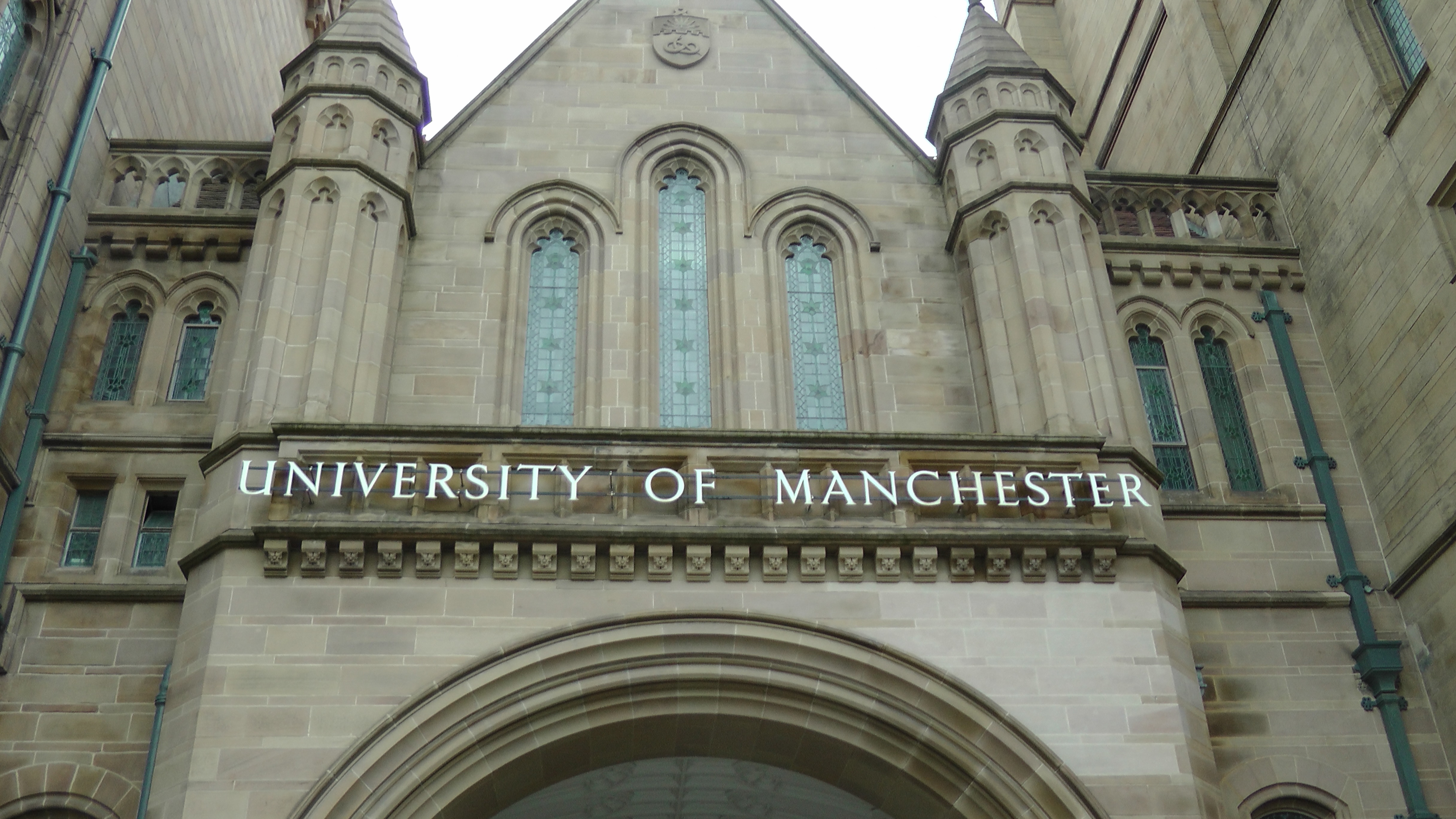Manchester Uni students had the full right to remove Kipling’s poem
Students at Manchester university have painted over Rudyard Kipling’s poem ‘If’ and replaced it with ‘Rise’ by Maya Angelou. The offending poem was painted onto a wall of the university’s Students’ Union as part of recent renovations and was subsequently criticised by a group of students given Kipling has also authored the ‘racist’ poem ‘The White Man’s Burden’ and other imperialist literature.
The action was carried out by Sara Khan, elected Liberation and Access Officer for the Union, who said that the students had not been consulted on the poem and that it was ‘deeply inappropriate to promote the work of Kipling in our SU, which is named after prominent South African anti-Apartheid activist, Steve Biko’. Khan made this statement on Facebook and shared photos of the new mural, proudly stating that the act was a ‘reclamation of history’. In response, the post has garnered 390 comments, ranging from supportive peers to people who accuse Khan of censorship and vandalism.
The students had not been consulted on the poem
To call what happened vandalism would be erroneous. Changes to the Students’ Union should be approved by the SU leaders, of which Khan is one. Her actions should instead be seen as a correction of the university’s mistake. In fact, the Manchester SU agrees with this position, issuing an apology stating: ‘we understand that we made a mistake […] by failing to garner student opinion at the start of a new project.’ The spokesperson continued by saying the SU ‘understands why our Exec Team took the action they deemed appropriate at the time to right a wrong inside their union.’
Thus, the question of vandalism can be removed from the conversation, but regarding the accusations of censorship, the situation is much more nuanced. Should we apply our modern perspectives on historical texts and figures? Kipling was undoubtedly a racist as can be evidenced in much of his poetry, but should his other poems not be read in isolation, judged on their merit alone?
Janet Montefiore, a professor at the University of Kent and editor of the Kipling Journal, responded to the controversy saying: ‘If is not a racist poem. It’s a poem of good advice. I don’t personally like [the poem] but it has meant a great deal to a lot of people.’ Echoing the voices of others who say that if we apply our contemporary attitudes to literature from the past, we must also ‘cancel’ greats such a Charles Dickens, a writer whose novels are compulsory reading in many schools, but who had scandalous views regarding Jamaicans during their rebellion.
To call what happened vandalism would be erroneous; her actions should instead be seen as a correction of the university’s mistake
Regarding the furore, Amit Chaudhuri, a professor at the University of East Anglia, offered this thought: ‘there may be a case for rethinking our relationship to writers and whether writers are ever perfect, but also for rethinking our own desire to for them to be perfect.’ This position provides perhaps the most well-balanced idea on how to approach this debate, reassessing who we applaud in a way that upholds our modern views whilst also not shunning those who thought differently in eras long gone.
Yet despite the debate on whether Maya Angelou should have replaced Rudyard Kipling, student representatives such as Sara Khan should remain free to autonomously make these decisions in their own institutions. As campuses make national news on a frequent basis regarding policies surrounding censorship, it is important to remember that whilst outside opinions should be welcomed, and diversity of thought encouraged, the ultimate decision should always be determined by those that fund and fill university spaces: the students.

Comments